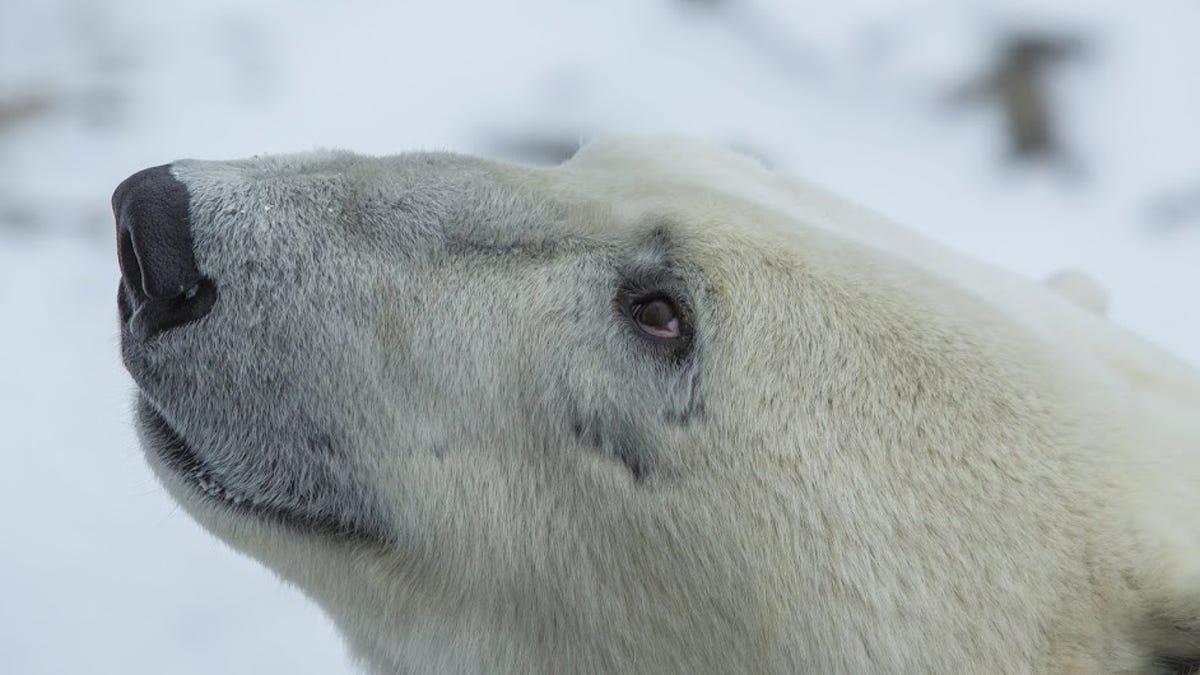A toxic Russian rocket is about to splash into the Arctic
The animals of the Arctic have to deal with all sorts of threats, and now they have to watch out for a rocket used to launch commercial satellites that's set to fall back to Earth with toxic chemicals on board.
As if polar bears and the other great Arctic mammals didn't have enough to deal with between climate change and pooping glitter, they now have to worry about toxic chemicals from Russia literally falling on their home.
No, really. A section from a Russian rocket used to launch commercial satellites is expected to splash down into the pristine Baffin Bay between Canada and Greenland on Saturday.
One of the chemicals used in the rocket's fuel is hydrazine, a particularly nasty substance that's been linked to all sort of malformities and cancer. Some toad embryos exposed to the stuff in experiments in the 1970s developed into deformed, one-eyed cyclops amphibians.
NASA has been working to replace hydrazine in its launches for years and plans to begin using a greener, hydrazine-free rocket fuel starting next year.
Michael Byers, a professor of international law at the University of British Columbia, told the Toronto Star that Russia has followed the rules and informed aviation authorities of the expected splashdown.
Byers also notes that technicians who work with hydrazine wear pressurized haz-mat suits when handling it because of the risks.
Now, a rocket carrying some of the same stuff is expected to end up in an ice-free part of the bay that's home to narwhal, whales, walrus and plenty of fish and plankton that also feed seals and polar bears.
Something tells me the animals of the Arctic would be really big fans of those reusable rockets SpaceX and Blue Origin are designing.
(Via Vice)


